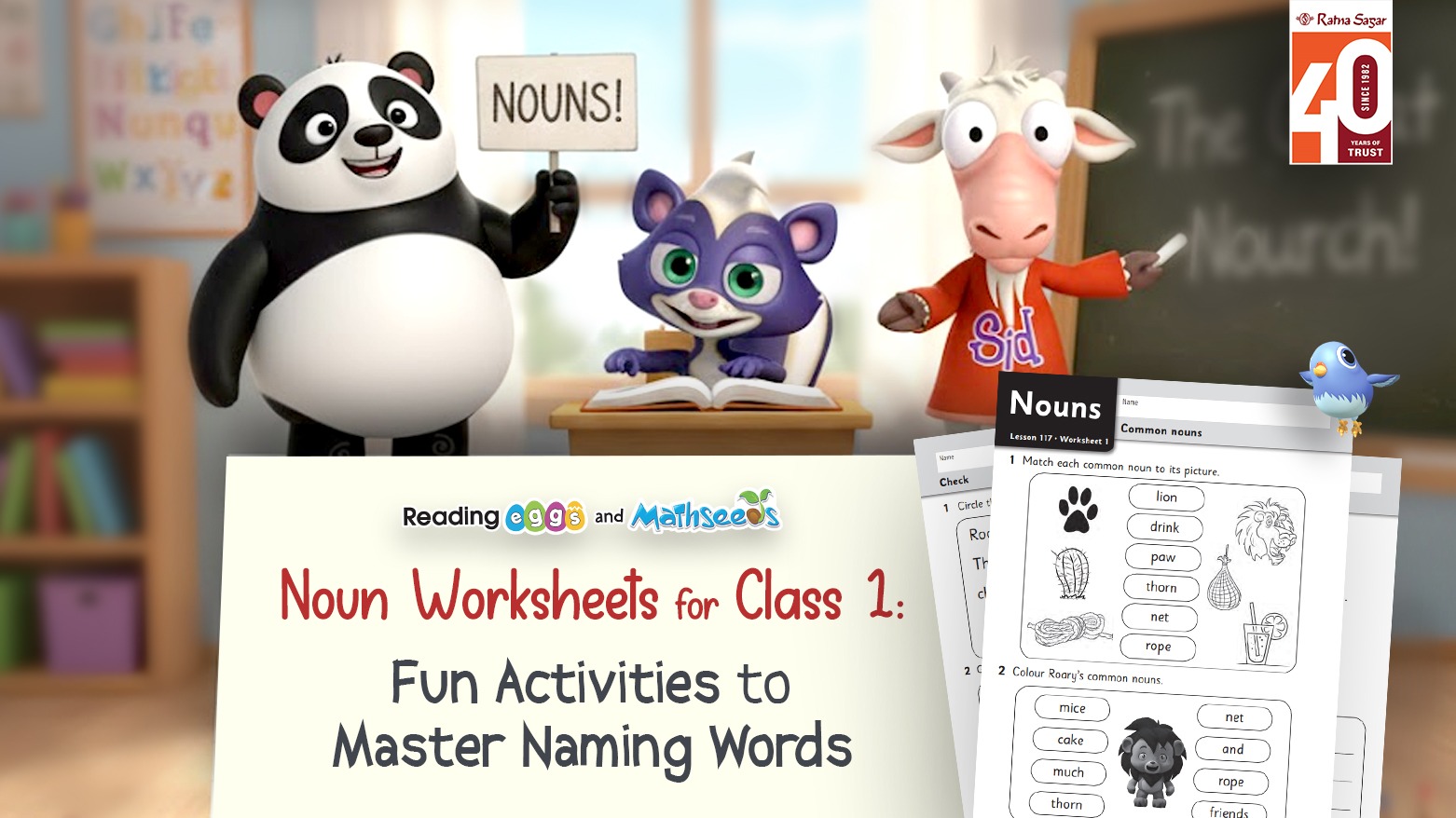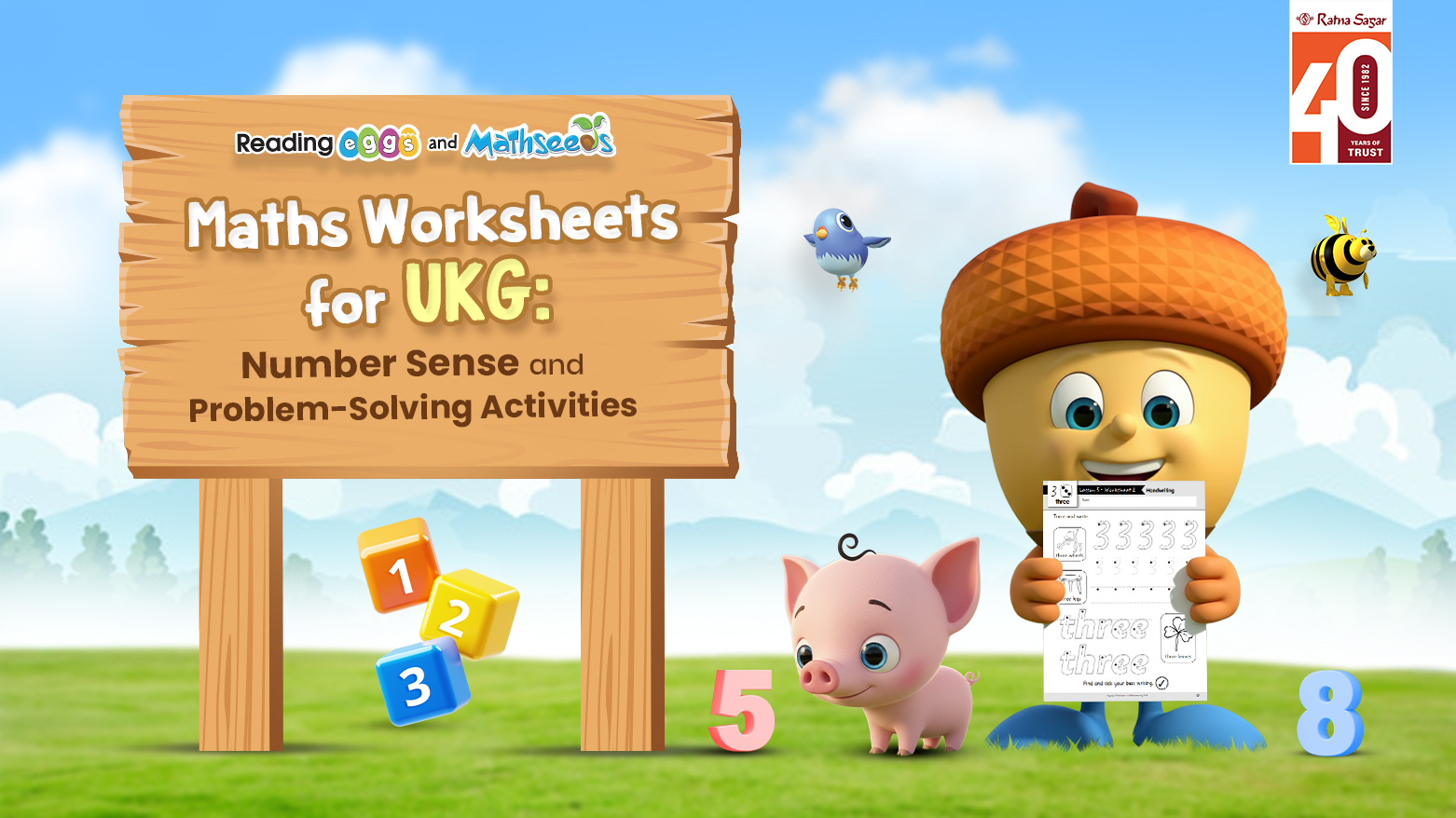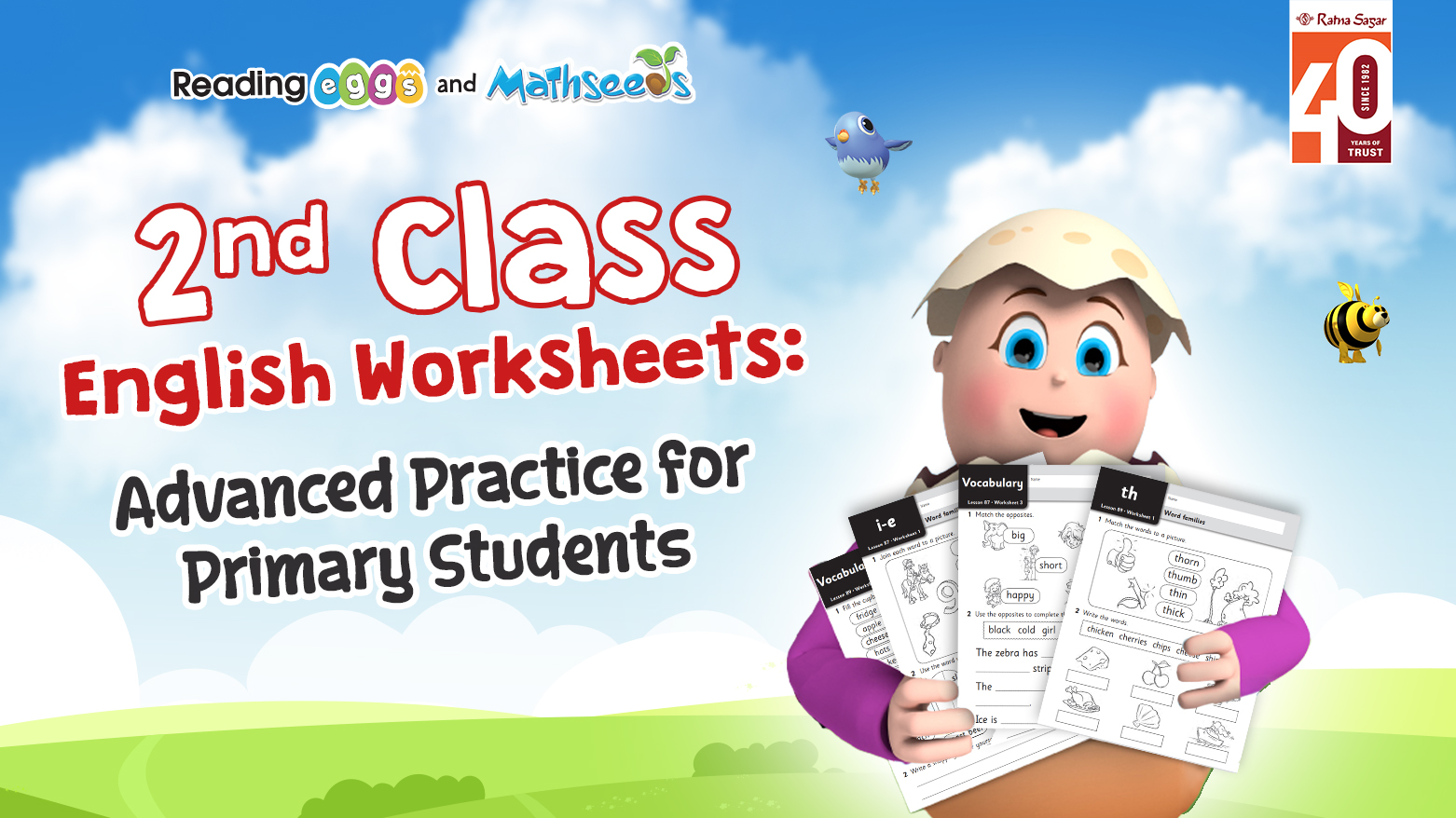Common problems toddlers face while reading at home
Young children take time in becoming agile readers and learners. Now, the common question is- can you identify if your child is facing any problems with reading and comprehension? One problem might be their poorly adapted communication or motor skills. Poor motor skills in kindergarten are another red flag that your child has developed common reading problems. Other problems that follow can be:
- Less attention span and distorted concentration
- Repeating information more often
- Squinting and trouble seeing things from a distance
If you are witnessing such problems in your child, then they might be a signal for poor reading skills which need improvement and continuous practice. Reading problems divided by age Our young readers carry books with an open mind like a garden. Books shape their perspective of the world and its people. Beginning with good habits and bedtime stories, a child gets a personal space to imagine and shape a world with their own imagination. Let's take a look at some possible reading problems that children from different age groups face!
Book 14 days FREE trial for Reading Eggs with Ratna Sagar !
Elementary age reading problems
Not identifying start or end sounds
Many children in their elementary level know the sounds of letters but fail to recognise these sounds when sounding out words. This happens due to the lack of phonemic awareness which usually helps in breaking words into individual sounds while reading. This skill needs language processing and sets the ground for decoding. Decoding helps the child to put sounds to letters in order to sound out written language. It is common when a child is not able to decode the unfamiliar term, but if the problem persists with the sight words, then this might become an unresolved problem. And if the child is struggling with regular practice, then there may be a disability like dyslexia or visual impairment which is preventing him from performing better in the classroom.
Mispronunciations and skipping words
These problems are mostly neglected by the teachers and parents because the child repeats these mistakes in the guise of reading fluently. They start skipping words while reading. They prefer reading familiar words and place the unknown and difficult ones. The words are skipped because of a lack of decoding skills and the problem of memorising the words. The child adapts to this strategy and this can cause further trouble in higher studies in Class 4 and 5 as the vocabulary gets complicated and expands widely. For young children, a book above their grade level looks like a foreign language. A bunch of unrecognisable words can also affect their comprehensive skills. And when the written text and spoken words are not matched, if the meaning is not retained then the whole exercise does not make any difference in improvement.
Inability to spell
Spellings take their time to make acquaintance with how the brain reads. Spelling is a part of decoding and it becomes a concern for the early grades if they are not able to spell the regular phonetic words. The poor spelling reflects poor phonics knowledge and weak phonological awareness.
Book 14 days FREE trial for Reading Eggs with Ratna Sagar !
Mid-school or young children with reading problems
As children get older and reach high academic standards, they learn to sound out. As a result, in this learning process, some reading problems also come in the way. The inability to read and understand the context hamper their academic growth as well. Some of the common reading problems that children face are as follows:
Slow or resisting reading
In schools, it is widely observed that some children are slow readers or they resist reading loudly in front of the whole class. The reason for such low self-esteem is due to poor reading skills. Their reading stamina became so low that they could only read a few lines at a time. In addition to this, flawed reading comprehension contributes to losing their interest in the book and hence leading to shorter reading sessions.
Comprehension skills
We do not expect young readers to comprehend whatever is written on the page. Parents and teachers decrypt and teach them the meaning of the text written. Now, when the child progresses with the complicated content, his comprehension skills are on high stakes. In simple terms, with a strong base and vocabulary, the child will be able to extract the right meaning from the text. The lack of such skills erodes his comprehension skills and would affect his language and communication skills in the future.
Learning disabilities and dyslexia
As discussed earlier, the child might have some learning disability too and it is normal for the child to have such disorders as dyslexia. During their teaching career, the teachers have observed students who struggle with phonological dyslexia. Parents and teachers should encourage the child to build self-esteem and enhance their reading skills through some secondary skills like over-learning and typing.
How Reading Eggs Prepares Your Child?
Reading Eggs is designed for children all over the world. To make sure your child gets the most out of the programme, Reading Eggs provides a wonderful platform for step-by-step learning. Reading Eggs provides your child with an educationally sound and highly enjoyable learn to read programme that is not only fun and effective but also easy to integrate into your daily routine. The depth of the programme lies with its continuity as the child can learn for as long as they need. Reading Eggs enables children to learn to read, and then helps them improve by building real, long term reading skills, empowering them to become lifelong readers and learners. Sign up for your free trial for 14 days by clicking on the link below.






